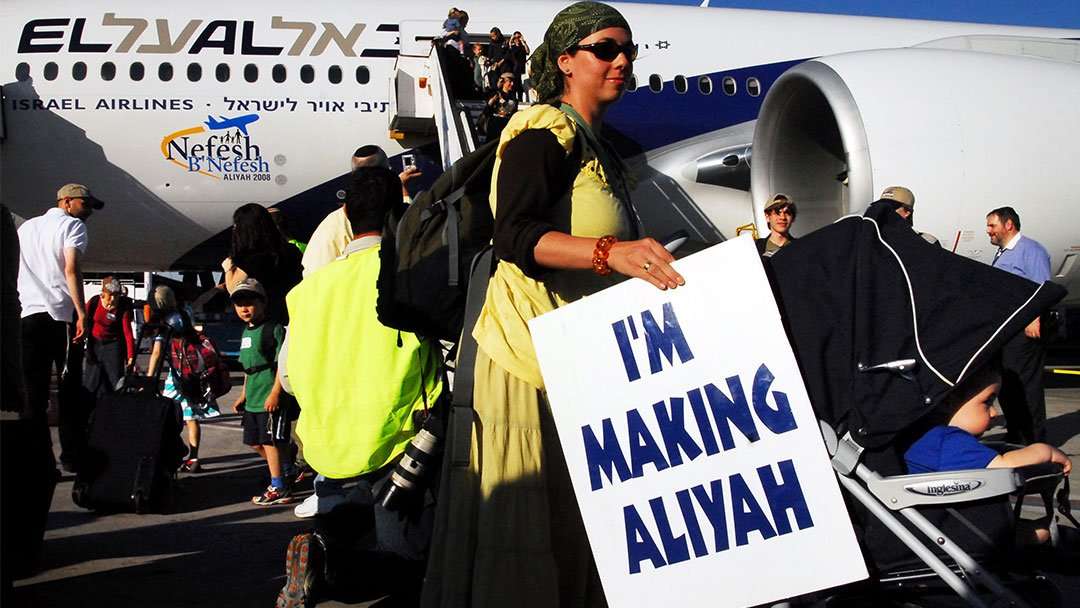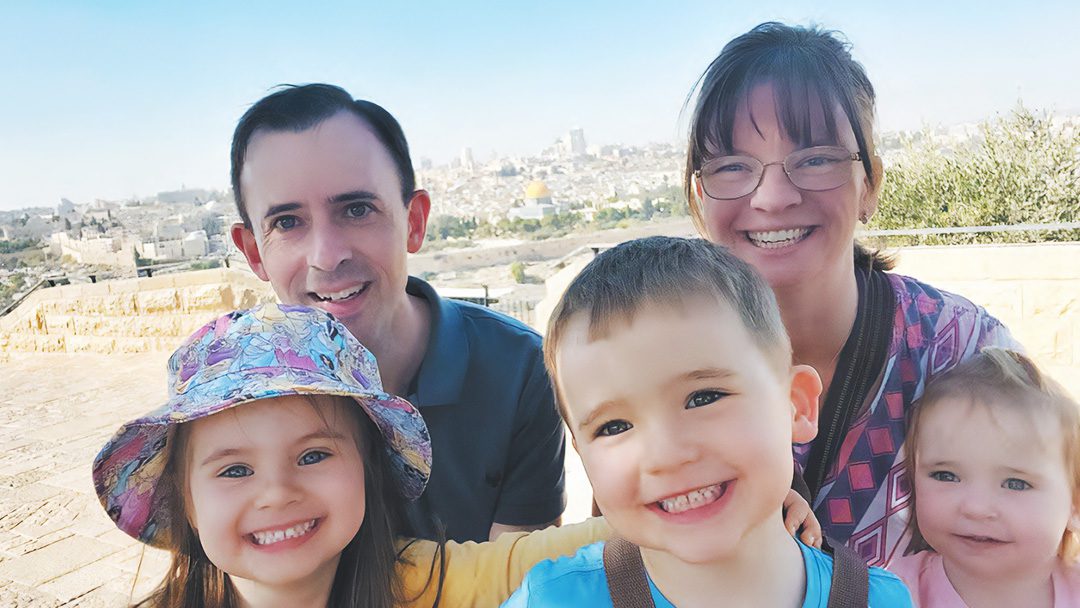Whilst Covid arguably brought Israeli Arabs and Jews closer together by shared experiences via the medical system and the resultant much greater general mixing of the two populations, Covid is having the opposite effect on Israel and Diaspora Jewry, where the gap is widening.
Both areas present as strategic challenges.
Internally, Israel is trying to work out how to interpret Mansour Abbas and his four seat Ra’am party.
Abbas himself is treading a fine line by dampening ideological fissures, in exchange for practical gains for Israeli Arabs.
In late December he made a landmark statement, significantly also in Arabic, where he said that: “the State of Israel was born as a Jewish state, and it will remain one.”
He continued, that the issue to be resolved “is the status of the Arab citizen in the Jewish State of Israel.”
The statement was ground breaking and carries huge implications.
It is nothing short of a revolution in Israeli Arab thinking.
Even more so as it comes from an Islamist.
However, the important and as yet unanswered question for Israel, is whether Abbas is alone or can even carry his own party along this path in the first instance.
Secondly, whether enough Israeli Arabs back him or not.
Abbas’ political strength is concentrated amongst the Bedouins in the south of Israel. Many of these Negev Bedouins live in unrecognised towns spread over the southern desert.
As part of the Israeli government coalition agreement, three previously illegal Bedouin villages have now been recognised.
Is something happening to the special relationship between Israel and Diaspora Jews?… when is it no longer special enough to make a difference?
Tens of thousands of Bedouin still live in illegal/unrecognised villages in an issue which has been growing over decades and which successive governments have been unable to resolve.
This all led to an unexpected flashpoint around the planting of trees on land Israel says is State land and the Bedouins claim is their private property.
The Israeli courts have not found Bedouin claims to be proven, as they are based on squatters’ rights, rather than formal titles.
Two additional forces are at play here—and they both centre on trying to diminish Mansour Abbas’ political strength and credibility.
Hamas is encouraging the violence as they feel particularly betrayed by Abbas’ ideological moves coming as they do, from common roots.
And the other Israeli Arab parties sitting in opposition, are also trying to undermine Mansour Abbas’ gains and are inciting the Southern Bedouins as well.
Both groups are trying to make Mansour Abbas look like someone who has sold his soul.
Abbas, who has indeed achieved many gains for Israeli Arabs in a very short space of time, is now threatening the coalition’s future by pushing for an additional twelve unrecognised townships to become fully legitimate.
This presents as the most recent threat to the government coalition’s stability.
Turning to the Israeli/Diaspora relationship.
On one level there is the general difficulty for traditional groups to travel to Israel because of current covid-19 circumstances.
With two years now soon stretching into a third, the educational and connectivity deficit is growing rapidly.
On quite another level, the raison d’etre of Zionism, that is Israel being the Jewish Homeland and open to all Jews, is also facing its challenges, especially when albeit for a short time, Israel barred Jews and Zionist supporters from entry.
Of course, this was part of the overall rolling bans—but that is precisely the point.
Is something happening to the special relationship between Israel and Diaspora Jews? Where, if at all, does this special relationship factor in? Or, when is it no longer special enough to make a difference?
It is fair to say that there was nothing deliberate about the ban and that it was merely an unintended consequence of efforts to protect the health of Israeli citizens.
But it is equally fair to say that the effects of this ban were not initially fully appreciated in Israel, nor considered central to decision making.
On the other hand, in a parallel and similar way, both inside and outside Israel, is the new and growing trend in the method of how to count Jews.
For some years United States Jewry has been dealing with the question of how to define the spouses of ‘out marriage’, where the partner, previously regarded as ‘non Jewish’, however identifies with and/or supports the family unit’s Jewish identity.
This has led to some demographers claiming that contrary to previously accepted trends, United States Jewry is not only stable, but is even growing.
Without debating the pros and cons of this, what is interesting is also what just happened in Israel.
Israel’s Central Bureau of Statistics confirmed last year, that Israel is facing a downward trend in her Jewish majority from approximately 80% at a point in the past, to last year’s official CBS announced 73.9%.
Most of this fall results from a rise in a category called “Other”.
The “Other” category does not include Israeli Arabs or Druze who have their own identity, but does cover many people who live in Israel and who consider themselves Jewish, but are not recognised as such by Halacha. Quite a number are the children of a Jewish father and a non-Jewish mother.
For the first time in Israel’s history the CBS has just created a new category—“Extended Jewish Population”—which covers a large majority of the people previously in the “Other” category.
Combining the Jewish population figure of just under 7 million, together with the new Extended Jewish population figure of roughly another 500,000, brings us back to the 80% of Israel’s population being considered Jewish.
MK Elazar Stern, a prime mover behind the change in CBS counting policy writes;
“Because of their strong Jewish identity, we need to find language that embraces and incorporates these people, and which makes them realize that Israel includes them in the Jewish nation.”
Addressing the situation in the United States he says: “We also must look to the future. The last great reservoir of potential aliyah is from North America. In the event that increasing numbers of North Americans ever seek to make aliyah, Israel will surely see an influx of those who are intermarried, or are the children of intermarriage.”
The realisation has firmed that after all, we are indeed all in it together.












0 Comments